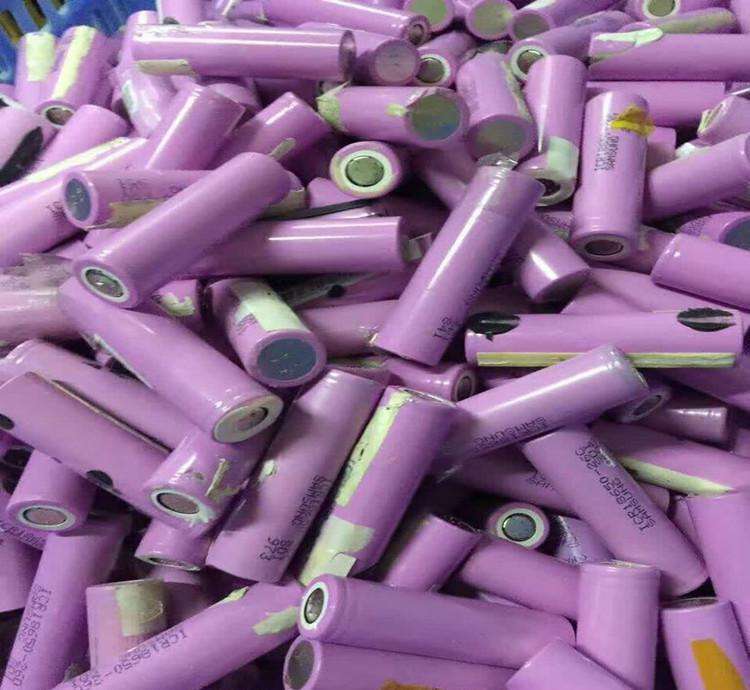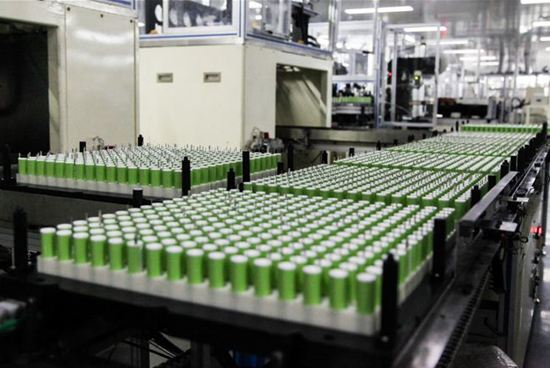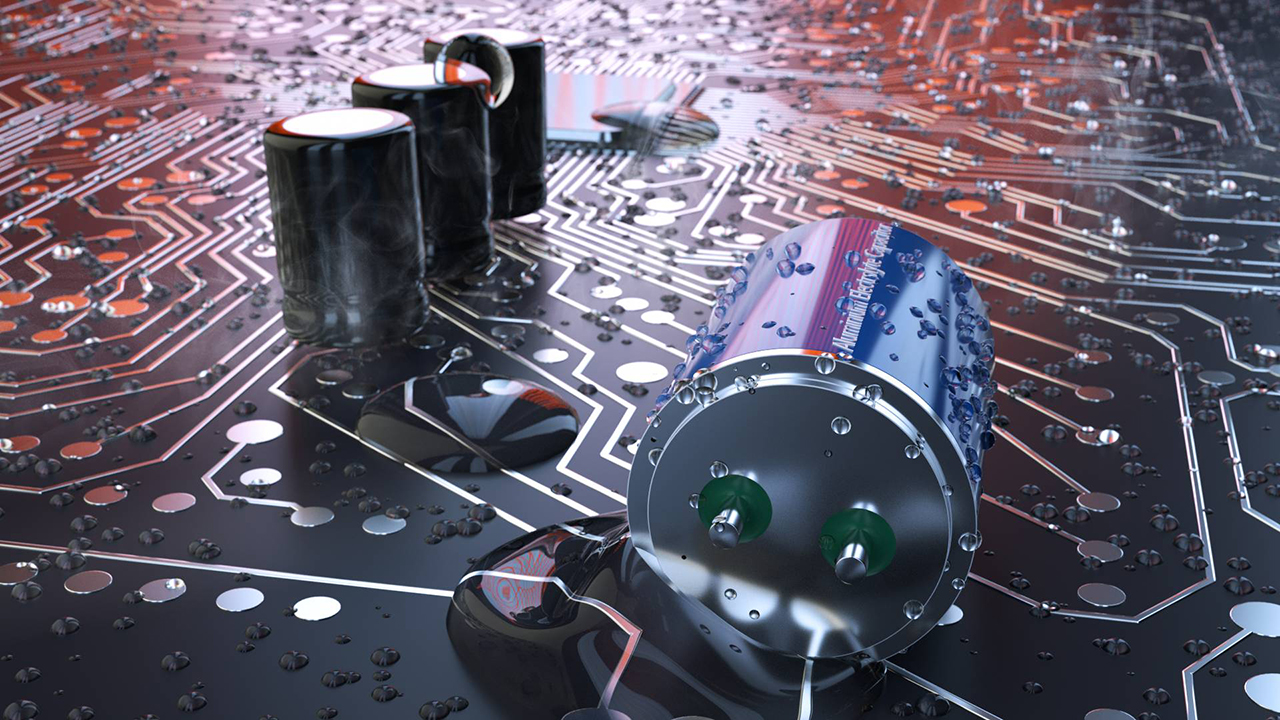Where Can I Recycle Lithium Batteries Near Me?
May 24, 2019 Pageview:1655
Currently, Lithium batteries are majorly used as the energy source for almost all electronic devices; from mobile phones, laptops, power tools, etc., the list goes on and on. With the continuous growth of electronic devices in our society, these rechargeable lithium batteries have become an important part of the electronics industry.
Due to the power in which it can generate, the Lithium-ion battery can be regarded as one of the most popularly used batteries in most electronic devices. With the rechargeable advantage, the lithium-ion batteries are also much appreciated due to the fact that it holds stored charges better than most batteries.
However, due to the internal materials used in making the lithium-ion batteries, it is not advisable to dispose of them in your regular trashcan after you are done using them. These batteries are supposed to be properly disposed of when they are not useful to us anymore. This is due to the toxic materials that the lithium batteries contain; it is considered hazardous to our health and immediate environment.
When you are done with your lithium-ion batteries, it is advisable to take it directly to a trusted lithium-ion recycler. This will ensure the batteries are properly recycled for a greener environment and less toxic material in society.
The recycling process is not the usual blue recycling bin. Although toxic all the same, the content of the lithium-ion batteries are not as lethal as the other batteries. This makes it even easier to recycle. Lithium, one of the major ingredients of making the lithium-ion batteries, is a very reactive element and highly flammable. Pressured content can cause the explosion of these lithium batteries.
Pressure and heat, which could be as a result of surrounding paper and cardboard in a refuse truck, may increase the risk of the lithium-ion batteries. This could cause a spark as a result of the pressure and accumulated heat. Hence, fire may break out. This is why you should recycle your lithium batteries properly and appropriately.

Where To Recycle lithium batteries?
The best way possible of recycling your lithium-ion batteries is to take them over to a recycling center around you. These governmental and local recyclers know how to handle the recycling process involved properly. With the right equipment and tested recycling techniques, they are proficient in recycling any lithium batteries of any shape and size.
Importantly, you should start your search for a recycler locally. Look around for local and governmental recycling agencies. Below are some of the known recyclers:
· Earth911: They offer online resources to help with your recycling needs. You can reach them on earth911.com for all your recycling needs. With their recycling centers scattered around the state, you can easily walk into their nearest office closest to you.
· Call2Recycle: Similar to Earth911, Call2Recylce also is an online help recycling organization. You can reach them on www.call2recycle.org for your recycling needs. With well over 34,000 recycling centers, call2recycle also offers drop-off locations for your lithium battery recycling.
· GreenCitizen's recycling center: They are another lithium battery recycling center. You can get to their EcoCenter for your recycling drop-offs. You can reach them through their website greencitizen.com/free-electronics-recycling-drop-off
Lithium-ion Battery Disposal Regulations
Many countries have been forced to put in place the strict regulations to oversee the proper disposal and recycling of harmful materials like lithium-ion batteries. In the United States, the regulatory bodies have strict disposal rules in place for larger quantities of intended lithium-ion batteries either for disposal or recycle.
It is interesting to note that there are usually no federal governmental policies on the disposal of lithium batteries. The state level is more concerned about these strict rules being in place for the protection of people in the state. In some states, a lithium-ion battery is considered to be in a disposal state when its volts drops below 2V.
The shipment of the lithium-ion batteries meant for discharge is being handled by the Department of Transportation. This is in accordance with the Code of federal regulation (49 CFR).
The burning or personal disposition of lithium-ion batteries by an individual is never advised nor tolerated. Knowledgeable individuals must do the burning or disposition at a certified facility.
Other regulations and law as it concerns the disposal of Lithium-ion batteries vary from state to state and between countries. Most noticeably, European countries have stricter regulations and rules put in place for the proper displacement of these lithium-ion batteries.
It is very important that you read, understand, and perform your recycling or disposing duties properly. This will ensure the society is safer and stricter on its strides to a greener environment.

Free Battery Recycling Programs
To ensure a safer and conducive environment to live in, there are free battery recycling programs that have neem put in place to ensure your lithium batteries are either adequately disposed or recycled. Some of these free battery recycling programs have already been highlighted above. Part of the?advantages and benefits provided through this free battery recycling program may include:
· Reduction In Toxic Waste
This free battery recycling program is set up to help in terms of reduction in the toxic waste that can be seen in our communities.
With properly disposed or recycled lithium-ion batteries, then there are less toxic waste to worry about.
· Natural Resources Conservation
The conservation of the available natural resources is vital for the upcoming generation. Free battery recycling programs aim to achieve is the recycling of the lithium battery. Hence, encouraging the conservation of natural resources.
· Reduction In Pollution
The role of the free battery recycling programs is to focus on the reduction of pollution through the proper recycling and disposal of these toxic materials.
· Saves Energy
Free battery recycling programs save a lot of people valuable time and energy.
· Contributes Towards A Greener Society
The Free battery recycling programs aimed at improving the society than we met it.

Conclusion
As crucial as the Lithium-ion batteries are, they have their own toxic sides. It is quite vital that they are appropriately disposed of or recycled by qualified people. The benefits of carrying out these processes have a lot of benefits not just for this generation alone, but that which is to come.
- Prev Article: Lithium-ion Solar Battery Introduction
- Next Article: Can energizer lithium batteries be recharged?
Leave Message
Hottest Categories
-
Hottest Industry News
-
Latest Industry News









